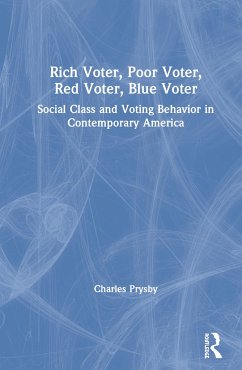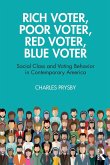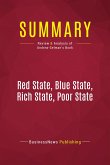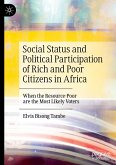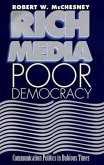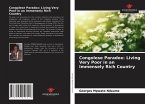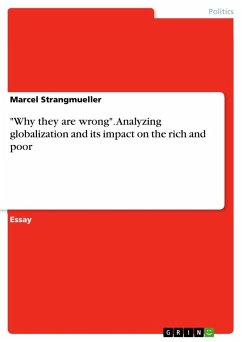This book examines the changing relationship between social class and voting behavior in contemporary America. At the end of the 20th century, working-class white voters were significantly more Democratic than their middle-class counterparts, as they had been since the 1930s. By the second decade of the 21st century, that long-standing relationship had reversed: Republicans now do better among working-class whites. While Trump accentuated this trend, the change began before 2016, something that has not been fully appreciated or understood. Charles Prysby analyzes this development in American politics in a way that is understandable to a wide audience, not just scholars in this field. Drawing on a wealth of survey data, this study describes and explains the underlying causes of the change that has taken place over the past two decades, identifying how social class is directly related to partisan choice. Attitudes on race and immigration, on social and moral issues, and on economic and social welfare policies are all part of the explanation of this 21st century development in American political trends. Rich Voter, Poor Voter, Red Voter, Blue Voter: Social Class and Voting Behavior in Contemporary America is essential reading for scholars, students, and all others with an interest in American elections and voting behavior.
Bitte wählen Sie Ihr Anliegen aus.
Rechnungen
Retourenschein anfordern
Bestellstatus
Storno

